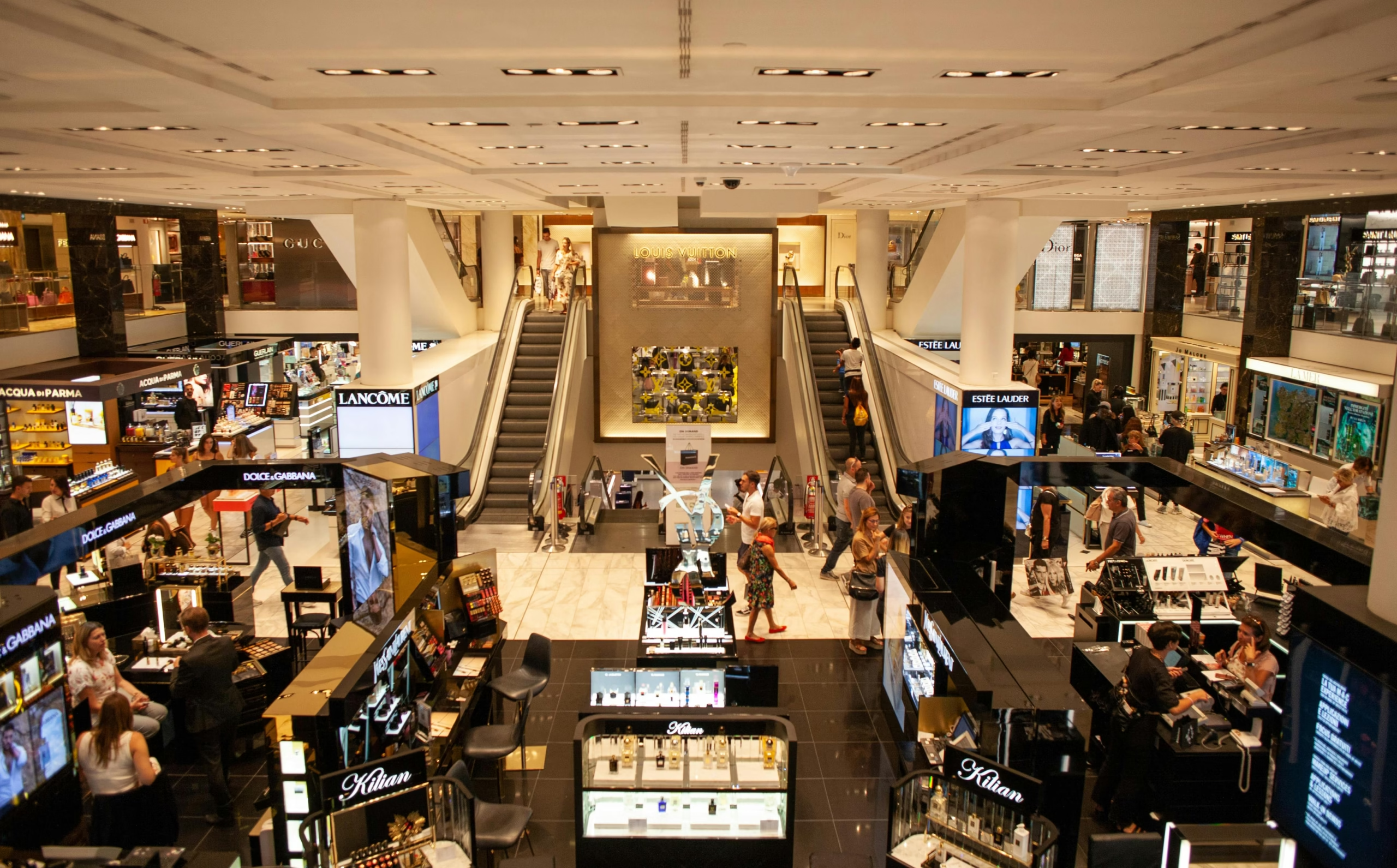The fast-moving consumer goods (FMCG) industry operates on razor-thin margins, rapidly shifting consumer preferences, and highly competitive markets. Every step of the FMCG product lifecycle—from product design and manufacturing to marketing, logistics, and customer engagement—relies heavily on data. However, most businesses still struggle with siloed data, manual processes, and inefficient decision-making.
The AI revolution is reshaping how FMCG enterprises leverage data-driven decision-making. By integrating AI-powered automation, machine learning models, and predictive analytics, businesses can reduce costs, enhance efficiency, and drive revenue growth.
How can Data and AI Power the FMCG Industry
AI can be deeply embedded in every phase of the FMCG product lifecycle, optimizing data collection, reducing inefficiencies, and providing actionable insights through machine learning algorithms, deep learning models, and AI-powered automation.
1. AI in Product Development: Faster Innovation, Higher Success Rates
Traditional R&D processes depend on market research, consumer surveys, and prototype testing, which are often time-consuming, costly and prone to errors. Through AI, Research and Development could accelerate innovation by analyzing vast datasets to predict consumer preferences, optimize formulations, and shorten development cycles.
- Data Collection: Integrating AI can enable data aggregation from social media, e-commerce trends, historical sales, and consumer sentiment analysis to predict market demand.
- AI-Powered Digital Simulations: Agentic AI can enable virtual product testing, reducing prototype failure rates and enhancing cost efficiency.
- Machine Learning in R&D: AI models can be trained to simulate ingredient interactions, shelf-life optimization, and sensory analysis, ensuring product quality before production.
Case Study: Nestlé has embraced AI to enhance its product development processes. By leveraging AI and data analytics, the company has gained a deeper understanding of customer behavior, leading to more efficient product innovation. (Nestlé, 2023).
Strategic Impact: AI can reduce time-to-market by up to 40%, allowing FMCG brands to launch winning products faster than competitors.
2. AI in Manufacturing: Smart Factories & Predictive Maintenance
AI is transforming manufacturing by integrating smart sensors, IoT-enabled devices, and real-time analytics into production lines. This enables predictive maintenance, automated defect detection, and supply chain optimization.
- Real-Time Data Collection: IoT sensors monitor temperature, machine performance, and production efficiency. These sensors could be linked to AI models to feed data.
- Computer Vision for Quality Control: IoT sensors could inspect products at scale, enabling AI-powered tools to detect defects before they reach consumers.
- Predictive Maintenance: AI-powered applications can predict equipment failures before they occur, reducing downtime and preventing costly disruptions.
Case Study: Unilever has implemented AI-driven predictive maintenance to enhance operational efficiency. By utilizing AI and IoT, Unilever can proactively identify equipment issues, reducing downtime and improving productivity. (Unilever, 2023).
Strategic Impact: AI-driven manufacturing could lower costs by up to 20%, by improving production uptime, and enhancing product consistency.
3. AI in Marketing & Sales: Smarter Campaigns, Higher Conversions
The FMCG industry invests billions in marketing, yet traditional campaigns often suffer from poor targeting, inefficient ad spend, and low conversion rates. AI-enabled marketing strategies address these issues by analyzing consumer behavior in real-time.
- Data Collection: AI-powered software can track customer demographics, purchasing patterns, ad engagement metrics, and conversion rates.
- AI-Powered Audience Segmentation: Machine learning clusters high-value consumer groups, ensuring targeted outreach.
- Marketing Mix Optimization: Agentic AI could provide a budget allocation strategy that maximizes return on ad spend (ROAS).
- Personalized Promotions & Dynamic Pricing: AI Agents could help implementing differential pricing in real-time based on demand fluctuations, and geographical regions.
Case Study: Nestlé has utilized AI to enhance consumer engagement, leading to improved marketing effectiveness. By integrating AI into their strategies, Nestlé has been able to better understand and meet consumer needs. (Nestle, 2022).
Strategic Impact: AI can enable marketing teams to increase ROI by reducing wasted spend and increasing conversions by 25-30%.
4. AI in Supply Chain & Logistics: Predictive Demand & Real-Time Optimization
AI can revolutionize supply chain management by leveraging predictive demand forecasting, warehouse automation, and smart logistics routing.
- Predictive Demand Forecasting: AI-enabled tools can process historical sales, market fluctuations, and real-time demand trends to optimize inventory levels.
- AI-Powered Logistics Optimization: AI can automate stock replenishment, warehouse management, and supplier coordination.
- Dynamic Route Planning: AI can calculate optimal shipping routes, reducing transit times and logistics costs.
Case Study: Unilever employs AI to optimize its vast supply chain, which spans multiple countries and products. This AI-driven approach has led to significant improvements in efficiency and responsiveness. (Unilever, 2023).
Strategic Impact: AI-powered logistics could cut costs, reduce delays, and enhance supply chain resilience by 20-25%.
Why Data-Hat AI? The Future of AI-Driven FMCG
At Data-Hat AI, we provide Enterprise solutions that help FMCG companies leverage AI, ML, and intelligent automation to stay ahead in a competitive market.
- AI-Driven Insights & Optimization – Our AI Agents can process vast datasets to reduce costs, enhance efficiency, and drive profitability. They enable data literacy to provide decision-makers review precise and real-time insights.
- End-to-End AI Business Solutions – From product innovation to customer engagement, we help FMCG brands deploy scalable, intelligent AI solutions.
- Custom AI Integration for Enterprises – We tailor AI deployments to specific business needs, ensuring maximum impact.
Ready to Lead the AI Revolution?
The FMCG industry is at a turning point—embrace AI now or risk falling behind. Discover how Data-Hat AI can help automate workflows, enhance decision-making, and drive business growth.




